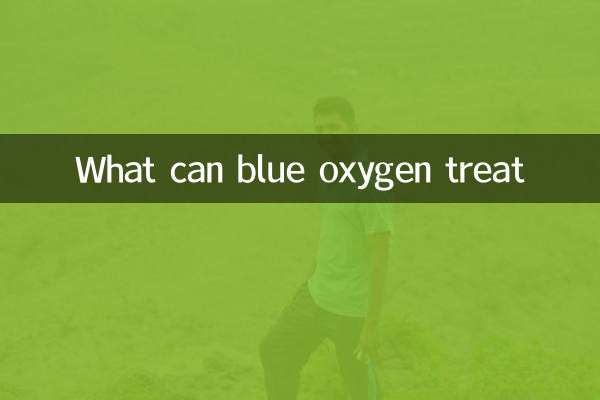What can't be eaten after leg surgery
After leg surgery, dietary conditioning is crucial for wound healing and body recovery. A reasonable diet can speed up recovery, while an improper diet can cause inflammation, delay healing and even cause complications. The following is a summary of dietary taboos after leg surgery in popular topics across the Internet in the past 10 days, helping patients arrange their postoperative diet scientifically.
1. Foods to avoid after leg surgery

Foods that may cause inflammation, affect wound healing or increase the burden on the body should be avoided after the operation. The following are the specific categories:
| Food Categories | Specific food | Taboo reasons |
|---|---|---|
| Spicy and irritating | Chili peppers, peppers, mustard, onions, garlic | May stimulate blood circulation and increase the risk of wound bleeding |
| High fat | Fat meat, fried food, butter cake | Increases digestive burden, which may trigger inflammatory responses |
| Hair species | Lamb, dog meat, seafood, goose meat | May induce allergies or inflammation, affecting wound healing |
| Alcohol | Liquor, beer, red wine | Influencing drug metabolism and delaying wound healing |
| High sugar | Candy, sugary drinks, honey | High blood sugar environment is not conducive to wound healing |
2. Postoperative dietary advice
In addition to avoiding the above foods, postoperative diet should also focus on nutritional balance to promote wound healing:
| Nutritional Categories | Recommended food | effect |
|---|---|---|
| protein | Eggs, lean meat, fish, soy products | Promote tissue repair and wound healing |
| Vitamin C | Oranges, kiwis, broccoli | Promote collagen synthesis and accelerate wound healing |
| Zinc | Oysters, nuts, whole grains | Participate in wound healing process to enhance immunity |
| Dietary fiber | Oats, vegetables, fruits | Prevent constipation and relieve postoperative discomfort |
3. Postoperative dietary precautions
1.Separate meals: After the operation, the gastrointestinal function is weak. It is recommended to eat less and more meals, 5-6 meals a day to reduce the digestive burden.
2.How to cook: Mainly steam, boil and stew, avoid high-temperature cooking methods such as frying and barbecue.
3.Moisture replenishment: Ensure 1500-2000ml of water intake every day, and you can choose warm boiled water, light tea or diluted juice.
4.Individual Differences: Adjust diet according to personal constitution and surgical conditions. Diabetic patients need to control sugar, and hypertensive patients need to control salt.
5.Drug interactions: Certain foods may interact with drugs, such as warfarin and foods with high vitamin K content (spinach, broccoli) that need to be matched.
4. Postoperative diet schedule
| Postoperative stage | Dietary focus | Things to note |
|---|---|---|
| 1-3 days after surgery | Liquid/semi-liquid food | Rice soup, lotus root powder, fruit and vegetable juice to avoid bloating food |
| 4-7 days after surgery | Soft food transition | Rotten noodles, steamed eggs, and minced meat, and start supplementing protein |
| 1-2 weeks after surgery | Restore normal diet | Balanced nutrition, avoid taboo foods |
| 2 weeks after surgery | Strengthen nutrition | Increase intake of high-quality protein and vitamins to promote complete recovery |
5. Frequently Asked Questions
1.Can I drink coffee after the operation?It is recommended to avoid caffeine within 2 weeks after surgery, as it may affect sleep and drug metabolism.
2.What are the restrictions on fruits?Avoid too cold fruits such as watermelons, and choose mild fruits such as apples and bananas.
3.Need supplements?Generally, you can meet your needs through diet. Please follow the doctor's advice in special circumstances.
4.When can I return to my normal diet?Usually, you can gradually return to normal diet 2 weeks after the operation according to the recovery situation.
5.Does smoking affect recovery?Smoking will significantly delay wound healing, and it is recommended to quit smoking for at least 1 month after surgery.
Dietary management after leg surgery is an important part that cannot be ignored during the rehabilitation process. Through scientific and reasonable dietary arrangements, not only can wound healing be accelerated, but also reduce the occurrence of complications. It is recommended that patients follow the above principles while making appropriate adjustments based on their own situation and doctor's advice to achieve the best rehabilitation effect.

check the details

check the details